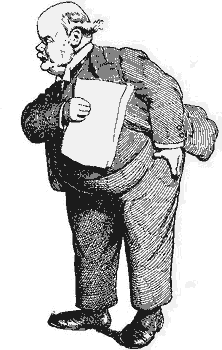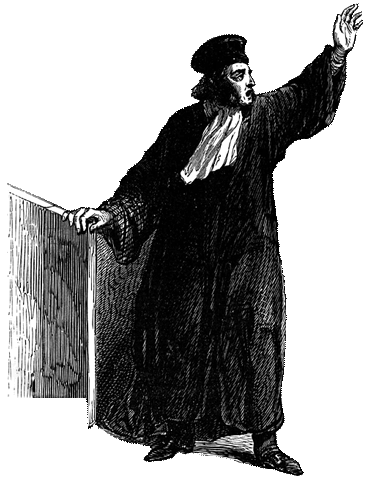Nora Rousso and Jonathan Jackel practice exclusively in civil court. It should come as no surprise that the way trials are portrayed on television is highly inaccurate. Perhaps the biggest surprise to litigants is how long it may take before a case actually goes to trial, if at all. We are fortunate to practice in Santa Clara County, where the courts have a fine record of getting cases to trial without undue delay.
In general, a civil lawsuit follows these steps: First, someone files the “complaint” in court. That person is the plaintiff and the complaint sets out the facts of the case in somewhat generalized terms, but not too generalized. The individuals or entities that have been sued are the defendants. When the plaintiff formally delivers the complaint to the defendant or defendants, it has been “served” and the defense has a limited time to respond.

Defendants respond to a complaint in one of two ways: with an “answer,” which essentially is a response to the complaint and sets out (again, in a general way) various defenses to the complaint; in other words, the reasons why the defense thinks that the plaintiff is mistaken. The other way a defendant can respond to a complaint is with some sort of motion, usually a motion called a “demurrer.” A demurrer essentially says that there is a problem with the complaint; perhaps it’s too vague. Perhaps the dates alleged in the complaint show that it was filed too late. If the demurrer is granted by the court, the plaintiff has to go back to the drawing board and re-draft the complaint. If not, then the defendant has to file an answer.
After the initial pleadings are filed by the parties, a process called “discovery” ensues. This is where the parties find out about each other’s evidence. Each side can ask the other side to answer written questions, provide documents and admit facts. Each side can ask the other to appear for deposition, which is where questions are asked and answered in front of a court reporter, who takes down every word. During discovery, witnesses are identified. A witness is someone who may or may not have knowledge of some fact relevant to the case. There are also “expert witnesses,” whose function it is to help the court understand matters that are too complicated or technical for the average layperson to understand. Doctors and accountants are good examples of people who serve as expert witnesses.
Many cases never make it to trial. There are a number of reasons for this. The parties may settle the case, either on their own or with the help of a mediator. One party may decide to give in, after seeing the other party’s evidence. The court provides other informal “alternative dispute resolution” methods, such as non-binding arbitration and early settlement conferences. Many cases are settled or resolved without trial, which can be a great relief to a client who is anxious about delay, uncertainty and expense. It is not uncommon for it to take at least 18 months or more for a case to get to trial and even then, no result is guaranteed.
There are other events that can occur during the life of a lawsuit which can prevent the case from going to trial. A party can file a motion, such as a “motion for summary judgment,” which, if granted, means that there will be no trial and a judgment for the moving party will be entered.
In sum, civil litigation is complex and can be very costly. Nora Rousso and Jonathan Jackel take great pride in their ability to shepherd cases through the process efficiently. They are not afraid to take risks but they are also mindful of the needs of the client to mind the bottom line. They are zealous advocates but they are also very practical. They take a balanced approach to litigation that has proved enormously successful over the years.

